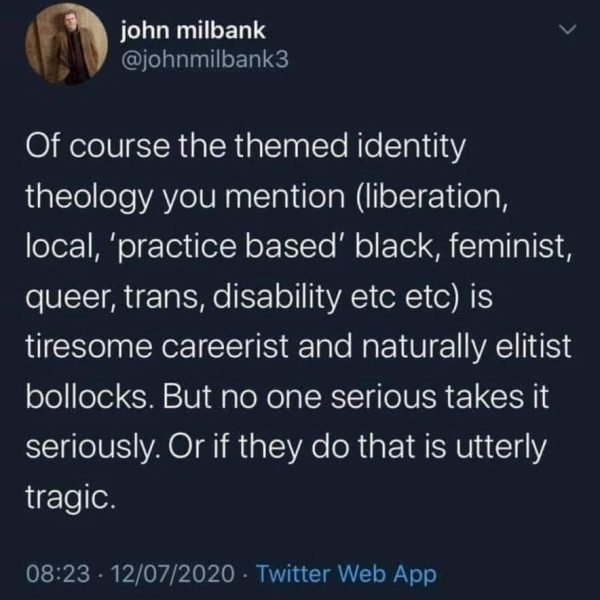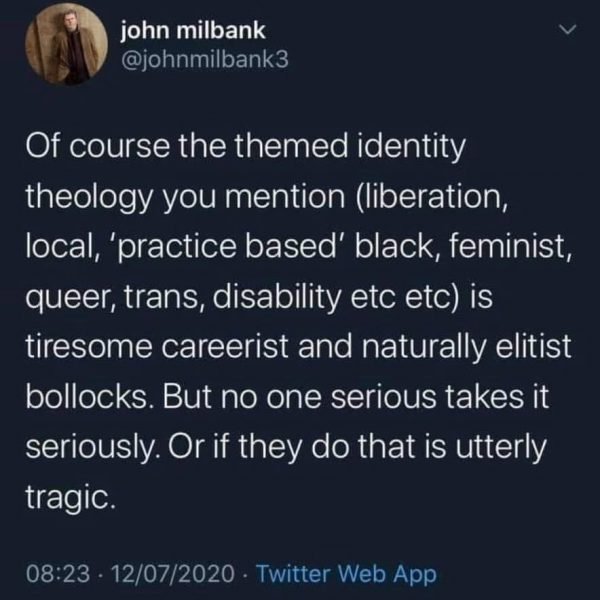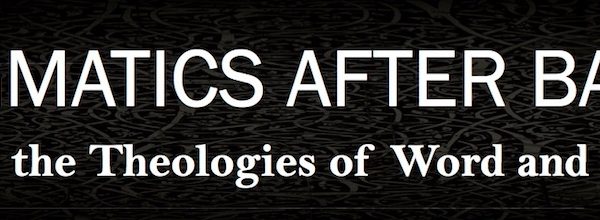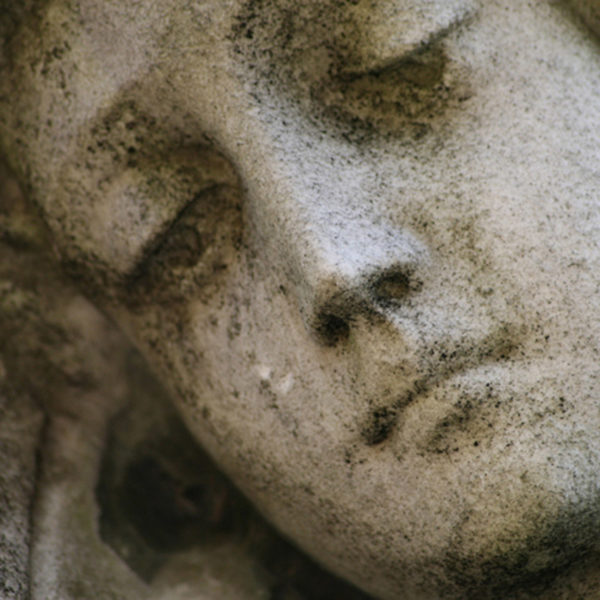
To forego a hermeneutic of charity risks abandoning a central part of the gospel, just as a lack of concern about standing in solidarity with the voiceless, the poor, and the marginalized would do.
Commenting on the role of the state in a recent article in the Church Times (UK), John Milbank as one the leaders of Radical Orthodoxy says that the state has no goals “save its economic power and no interest in the person save as an atomised cog in a well-oiled machine”. In other words, it is hard to see how the state contributes anything other than an instrumental approach to the affairs and concerns of its citizens. Such a negative and dismissive interpretation of the state seems the predominant view not only within influential sources in theology but also from the realms of more radical political philosophy. Why is this so and is it a satisfactory and adequate understanding? If it is not, what alternative approach might be adopted by a Political Theology?




